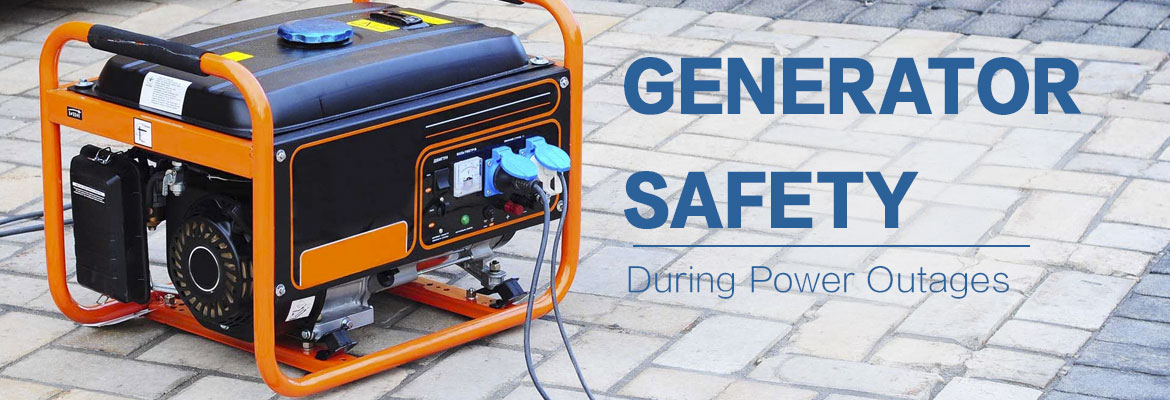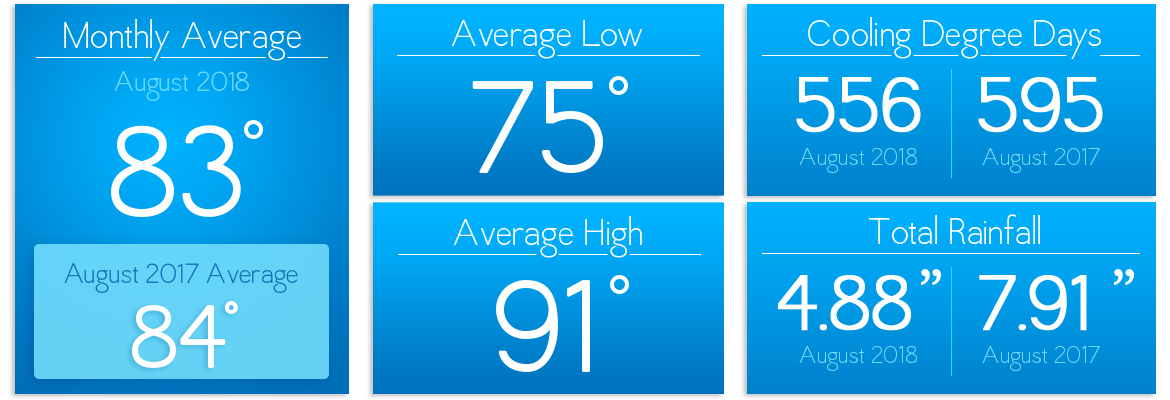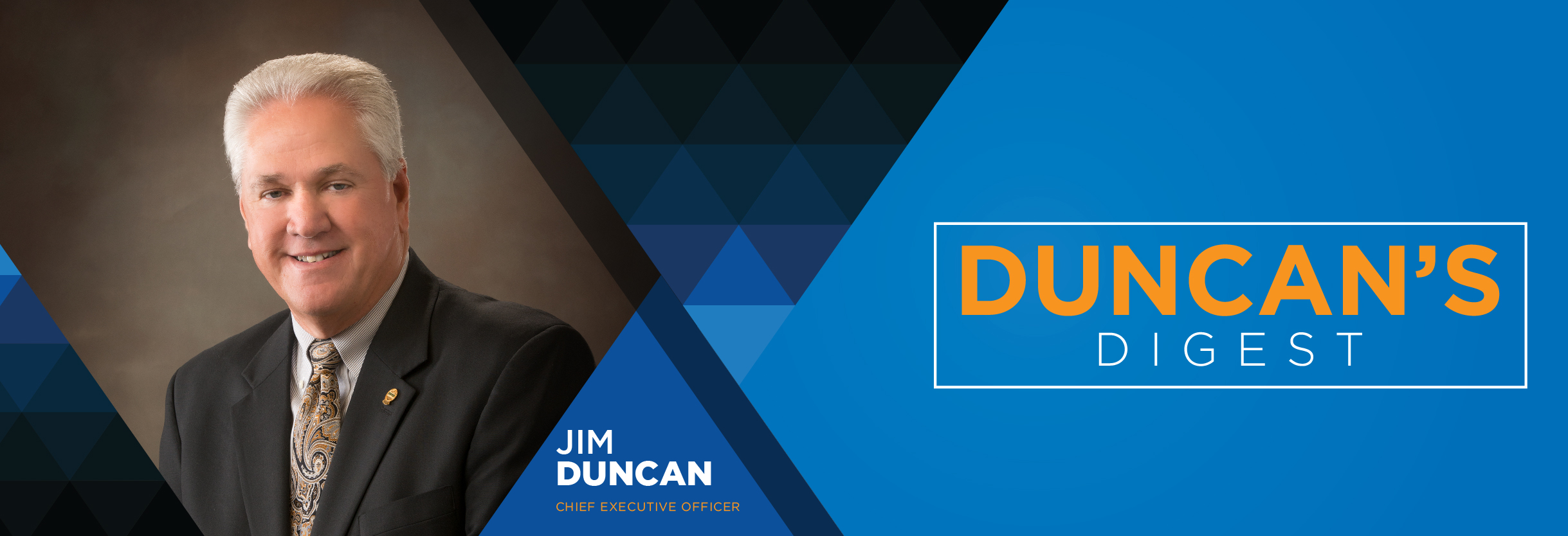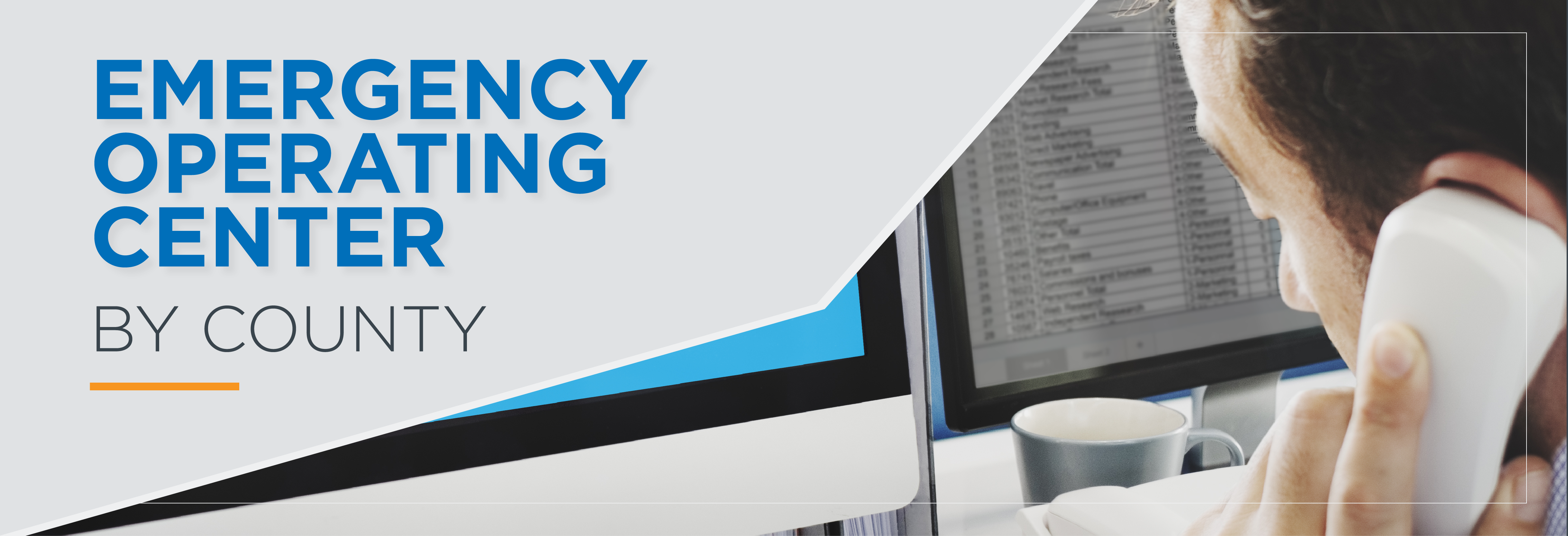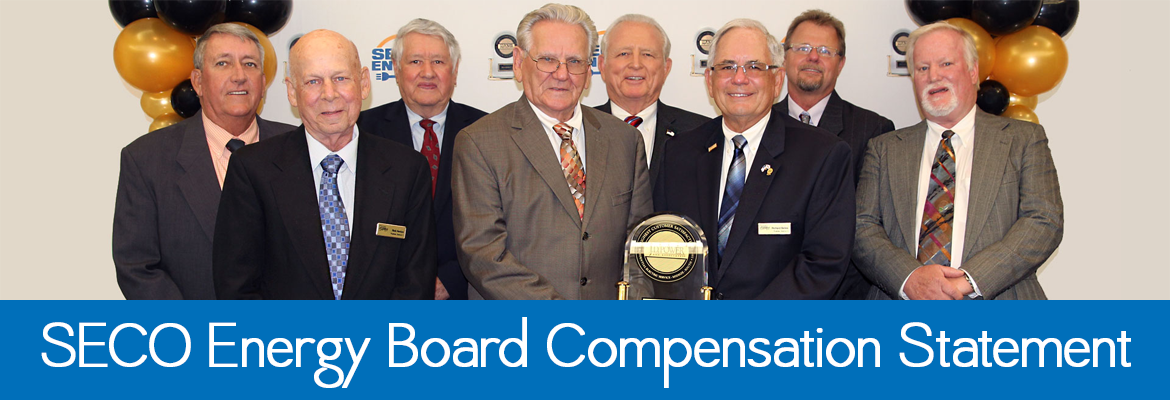Energy Insider – 3rd Quarter

What Are Capital Credits?
As the last quarter of the year approaches, we in the cooperative world begin to address Capital Credits. Most members, both residential and businesses, will ask “what are capital credits?” As a not-for-profit electric utility and like most businesses, SECO Energy sets an annual budget to pay operating costs, make payments on loans and ensure a reserve for emergencies. At the end of the year, expenses are subtracted from collected revenue and the remaining balance is referred to as margins. Based on the financial strength of the cooperative and member equity, SECO’s Board of Trustees annually makes a determination to refund a portion of these margins also known as Capital Credits. These Capital Credits represent the member’s share of ownership or “member equity” in SECO Energy.
Through 2017, SECO Energy has returned $57.8 million in Capital Credits to our membership. These distributions, returned to the members, are expressed as general retirements and are typically paid out each November. Current members receive a credit on their electric bill and former members receive a check if the amount exceeds $10.00. Capital Credits are issued to businesses in the same manner as individuals. Therefore, it is important to notify SECO Energy if your account status changes. Having updated contact information on file, especially a valid mailing address, will ensure Capital Credits accumulated in your name continue to make their way to you in the future. Don’t be like others who have moved away and didn’t update their information resulting in unclaimed Capital Credits on our books. For a complete list of unclaimed Capital Credits accounts, both residential and commercial, visit our Unclaimed Capital Credits page.
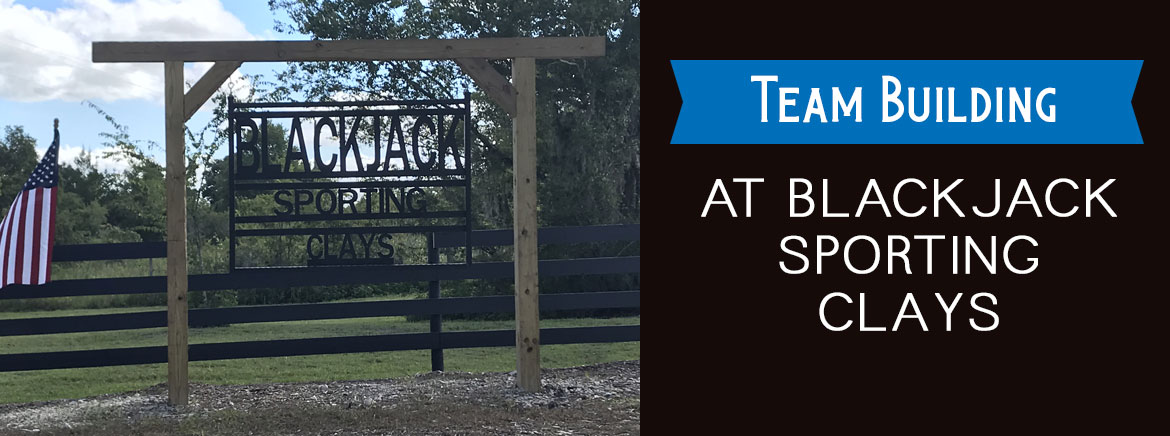
Team Building At Blackjack Sporting Clays
Team building exercises boost morale, improve communication, motivate employees to be more productive and to get to know each other better. If you think team building activities must meet strict criteria to produce benefits, then think again. Sometimes, just an offsite activity that allows your employees to interact away from the workplace is all you need. Maybe, a visit to Blackjack Sporting Clays in Sumterville is in order.
Blackjack Sporting Clays is a beautiful facility nestled among thousands of acres of pristine Florida landscape. Dale Walker, owner/operator, describes his venue as a “country club” for folks that want to shoot with some of the finest equipment in the business. He offers something for everyone at all levels of the shooting sport spectrum. A beautifully decorated clubhouse with TVs and a billiard table are available for non-shooters or those waiting to shoot.
Each course at Blackjack Sporting Clays is laid out along a paved path that meanders through “old Florida” type landscape. There are two separate 16 station courses, and an additional six station Sub-Gauge Course. Along with these courses, there is also a standard five stand range as well. The shooting stations are fully covered with drinking water and restroom facilities throughout each course. Golf cart and gun rentals are available. There is even a large pavilion with seating for 300+ available for public and private use.
To find out more about this “country club for folks that want to shoot,” visit Blackjack Sporting Clays online or stop by and check out their beautiful facility at 3372 County Road 526 in Sumterville, Florida.
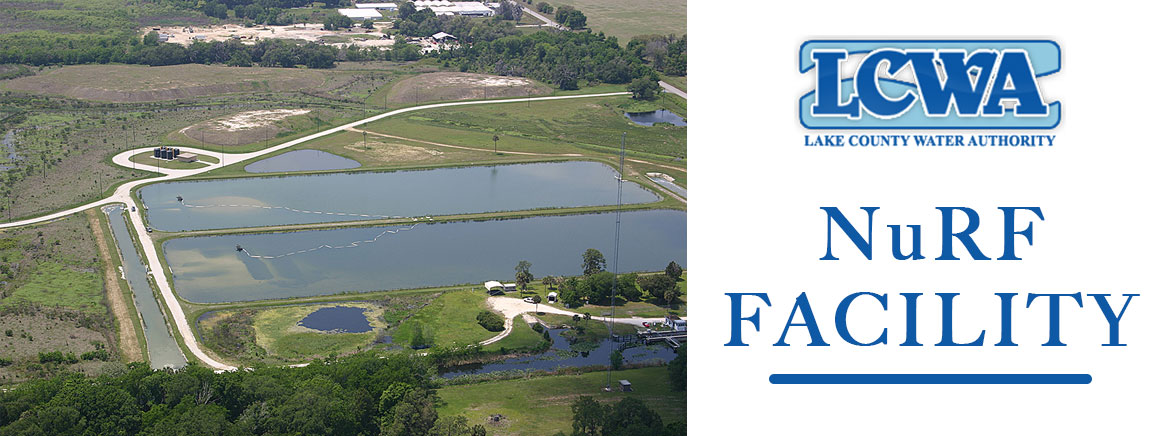
Lake County Water Authority’s NuRF Facility
The Lake County Water Authority (LCWA) is committed to conserving and protecting freshwater resources. In 2007, they invested in a state-of-the-art facility designed to remove 67% of pollutants from water, specifically from the Harris Chain of Lakes. “The facility, known as the Lake County Nutrient Reduction Facility (NuRF), is the largest of its design in the world and is very unique in operation” according to Ron Hart, Chief Scientist with LCWA. The results of the facility are clear and so is the positive impact it is having on our environment.
Served by SECO Energy, NuRF is located at the headend of the Chain of Lakes, west of Astatula, on County Road 48. The plant takes in water from Lake Apopka, the “single largest controllable source of water pollution in Lake County,” according to LCWA. The water is cleaned by a process of injecting liquid alum which binds with the pollutants to create snowflake-like particles. The particles, referred to as floc, fall like snowflakes from the water to the bottom of two 9-acre holding ponds. Once the floc or pollutants have settled on the bottom of the pond they are dredged and pumped to a centrifuge. Like a washer, wringing water from clothes, the centrifuge separates the water from the floc – a process known as dewatering. The clean water is then pumped back into the canal feeding the Harris Chain of Lakes. The floc is allowed to dry and used in several beneficial applications such as landfill cover.
Lakes Beauclair, Dora, Eustis and Griffin are the biggest benefactors of the Nutrient Reduction Facility. The process of removing the targeted algae-feeding nutrients results in increased water clarity allowing for beneficial plant growth and better fish habitat.
In a day and age where water quality is becoming more and more of a hot topic, our hats are off to LCWA for pro-actively taking steps to enhance water quality in Central Florida. Visit the LWCA website to learn more about the NuRF Facility.
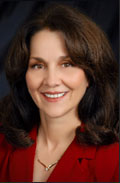
BARBIE SHAW
Manager of Key Accounts & Energy Services
OFFICE: (352) 569-9787
CELL: (352) 303-3567
barbie.shaw@secoenergy.com
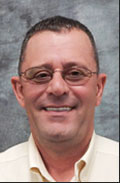
HANK BOLDUC
Key Accounts Consultant
OFFICE: (352) 569-9789
CELL: (352) 303-3546
hank.bolduc@secoenergy.com
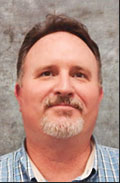
RYON MEYERS
Key Accounts Consultant
OFFICE: (352) 569-9781
CELL: (352) 636-9593
ryon.meyers@secoenergy.com
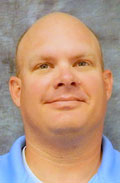
JEFF LIGHT
Key Accounts Consultant
OFFICE: (352) 569-9790
CELL: (352) 303-3183
jeff.light@secoenergy.com





